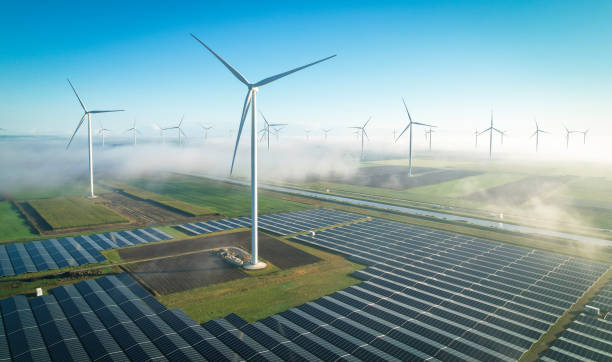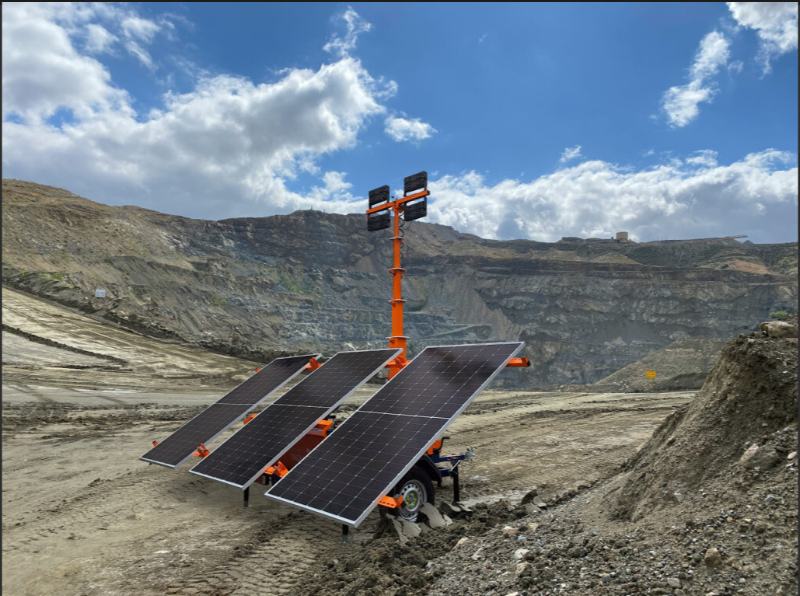New Tariff Investigation Could Signal Major Shifts in Solar Energy Policies
The recent announcement by the Trump administration regarding a Section 232 investigation into the imported polysilicon industry highlights a pivotal moment for the U.S. solar sector. This move, initially taken on July 1 but publicly disclosed on July 14, is expected to assess the potential threats to national security posed by the polysilicon supply chain, a critical component in the production of solar panels. As we dive into this new development, it is vital for stakeholders and solar enthusiasts to understand its industry-wide ramifications and what it might mean for the clean energy future of the United States.
Cleanlight believes this investigation is a significant shift in emphasis on solar energy policy and trade regulations, potentially influencing the pace of adoption for clean energy in the U.S. For years, the American solar industry has eroded foreign competition due to its reliance on inexpensive imported polysilicon, especially from China. The 232 investigation could lead to new import tariffs, recalibrating a market that has thrived on low-cost production materials and threatening to increase the price of solar technology domestically.
Challenging overreliance on foreign materials can be a double-edged sword. While the investigation may foster the growth of local polysilicon manufacturing, which could address long-term supply chain vulnerabilities, it could also create immediate financial strain for solar companies. This sets the stage for an industry reckoning where companies must either adapt rapidly to changing trade landscapes or face reduced competitiveness. Additionally, a slowdown in solar adoption may jeopardize the U.S. commitment to renewable energy transition goals and its carbon reduction targets.
Cleanlight urges both policy-makers and consumers to understand the broader implications of this probe. Solar technology is not a luxury commodity but a cornerstone in building a sustainable future. Any adverse effects from this investigation must be weighed against the broader goal of clean energy expansion.
- The U.S. is directly addressing vulnerabilities in the polysilicon supply chain, long dominated by China.
- Potential tariffs may negatively impact the cost and availability of solar technology across the country.
- Advocates for clean energy must monitor the investigation closely to support import-dependent solar firms.
“This investigation calls attention to critical questions about local solar energy production and international supply chains.” – Cleanlight
Join the conversation about the future of solar in the U.S. Share your thoughts on how this development may impact the clean energy transition. Your perspective is important in shaping an industry that is resilient and responsive to national and global needs.
Keep the writing professional but accessible. Ensure the content is optimized for WordPress publishing.


